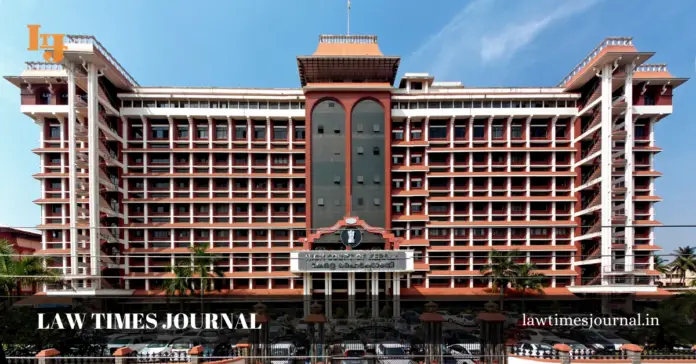
The Kerala High Court has ruled that further investigation cannot be ordered just because witnesses’ testimonies during the preliminary probe are contradictory (Asoka Kumar S v. State of Kerala and Ors.).
The preliminary inquiry, according to single-judge Justice R Narayana Pisharadi, may not be exhaustive because the goal of such an inquiry is to determine whether the information received discloses any cognizable offense.
As a result, omissions in such statements cannot be used to conclude that the witnesses made up a new tale throughout the case inquiry. The Court decided that “Further investigation cannot be requested simply because there are differences between the testimonies of the witnesses and their statements made during the preliminary investigation.”
The Court went on to say that if a court disagrees with the investigation officer’s findings and decides to request more investigation, it must specifically lay out the investigation’s flaws.
When the Court disagrees with the closure report and requires further investigation, the Court must specify the issues that were not addressed. The Court will determine which things were not investigated by the police and which aspects need to be probed further.
The order was made in response to a plea filed by an Excise Commissioner who was the initial accused in a case filed by the Vigilance and Anti-Corruption Bureau against him (VACB).
A woman who had been arrested by him filed a complaint in the Magistrate’s court alleging that the petitioner and others had fraudulently taken money from her. Then the complaint was referred to the Enquiry Commissioner and Special Judge, who ordered the VACB to start a preliminary investigation into the matter.
While the special court’s preliminary inquiry and further verification concluded that no further action was required, the woman protested to the VACB’s reports, prompting the special court to order that a case be filed against the accused and an investigation be performed.
This investigation likewise came to a conclusion with the phrase “further action withdrawn,” but the special court did not accept this and issued another order directing that a new investigation be performed.
The petitioner (first accused) subsequently applied to the High Court under Section 482 of the Code of Criminal Procedure (CrPC) to have the special court’s ruling overturned and the final report accepted.
The petitioner’s lawyer, Advocate Kaleeswaram Raj, argued that there is no need for further investigation because the cases have already been extensively investigated by the VACB.
He further contended that the special court would not be justified in issuing a directive to conduct a further inquiry if the investigating officer’s assessment is based on the materials acquired during the investigation and reflects a reasonable perspective of the situation.
The High Court stated that if the special court determines that the investigating officer’s view is not based on a thorough inquiry, it has broad authority to order further investigation under Section 156(3) of the CrPC.
The special judge in this instance issued an order detailing the reasons for directing additional inquiry, but the High Court ruled that it was invalid.
In particular, the special judge had called attention to omissions in witness testimony made during the VACB’s preliminary investigation.
The High Court decided that omissions in preliminary inquiry statements may not contain all the details and, as a result, are not a viable basis for ordering an additional investigation.
“Even though there is suspicion against a person throughout the investigation, if adequate evidence cannot be obtained against him to bring him to trial, it would be a pointless exercise to conduct further investigation into the same topics.” the Court observed.
The Court overturned the special judge’s judgment and ordered that the closure report be accepted after evaluating the issue on its merits.








